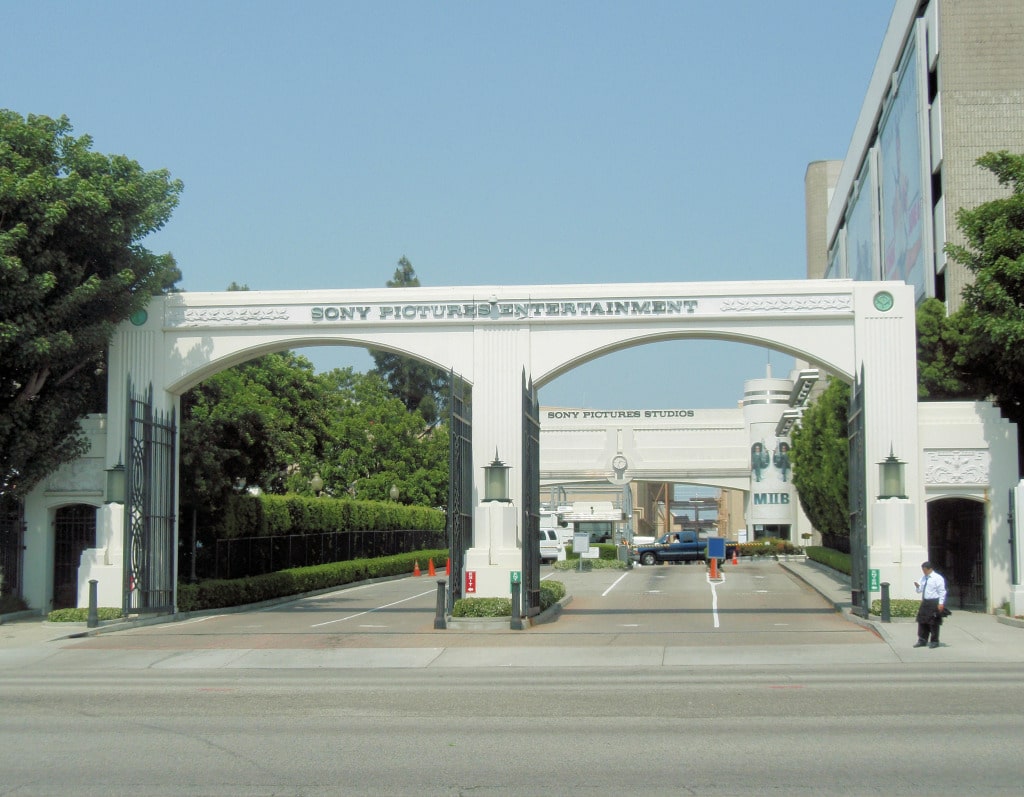The hack of Sony Pictures Entertainment, which first came to light on November 24th, devolved this week into a chaotic international “whodunnit” with conflicting reports attributing the incident to everything from the government of North Korea to the government of China to global hacktivist group Anonymous to disgruntled Sony employees. For sure: those attributing the attack to hacking crews within the military of the Democratic Peoples Republic of Korea (DPRK) had their argument bolstered by reports in the New York Times and elsewhere claiming that the U.S. government now believes that the DPRK, under the leadership of Kim Jong Un, was responsible for the devastating hack. Officials at Sony Pictures Entertainment clearly believe the connection is credible, ordering the cancellation of the release of the Sony Pictures film The Interview following threats of violence on theaters showing the film. That acceded to a key demand of the hackers, who have used the […]
DPRK
Clues Point to Long-Duration Hack at Sony
With each passing day, evidence mounts that the attack on Sony Pictures Entertainment was a long-duration hacking event that gave malicious actors extensive access to the company’s network and data. The hack started out looking like a particularly nasty example of hacktivism – with thousands of SPE systems wiped of all data. Going on two weeks after revelations of the hack, however, the incident appears to be something much more dire: a massive breach of corporate security that gave malicious attackers access to gigabytes – and possibly terabytes- of sensitive data. With only a fraction of the allegedly stolen data trove released, the ripple effects of the incident are already washing up against other Sony divisions and firms with direct or indirect ties to the company. The latest developments in the saga include publication of some 40 gigabytes of internal files. As described by buzzfeed.com, the files include: “email exchanges with employees regarding specific […]
Report: Sony Fits Pattern of other Destructive Hacks
At a time when companies are warned to be on the lookout for “low and slow” attackers who studiously avoid notice, the Sony breach will be remembered for its unusual ferocity. On Nov. 24, the assailants declared their presence by decorating employee desktops with a belligerent message before erasing the hard drives of computers and servers they compromised as a parting shot. Destructive hacks such as the one on Sony are atypical. But they are not unknown. In fact, the attack on Sony shares many similarities with at least two other recent, destructive cyberattacks: from the methods used to carry out the strike to the software used to compromise Sony’s computer systems. Those earlier hacks also suggest that attackers had access to Sony’s network long before they played their hand. Read more over at The Christian Science Monitor.
DPRK Mum as Hackers Dump Sony Pictures Data Online
The hack of Sony Pictures Entertainment has taken a turn for the worse, as evidence has turned up that suggests hackers have ransacked the networks of the high-profile studio, dumping everything from unreleased films to detailed business and employee records online. A spokesman for the Democratic People’s Republic of Korea (DPRK) did not explicitly deny or take responsibility for the attack when contacted by the BBC, telling the British news agency that “the hostile forces are relating everything to [North Korea]. I kindly advise you to just wait and see.” Sony Pictures’ network was attacked using destructive “wiper” malware last week that stole and exfiltrated data from the company, then erased data on infected PCs and servers. An FBI FLASH alert sent to U.S. firms provided details on the malware, including its use of a hard-coded list of IP addresses and hostnames, and the inclusion of configuration files created on computers […]




